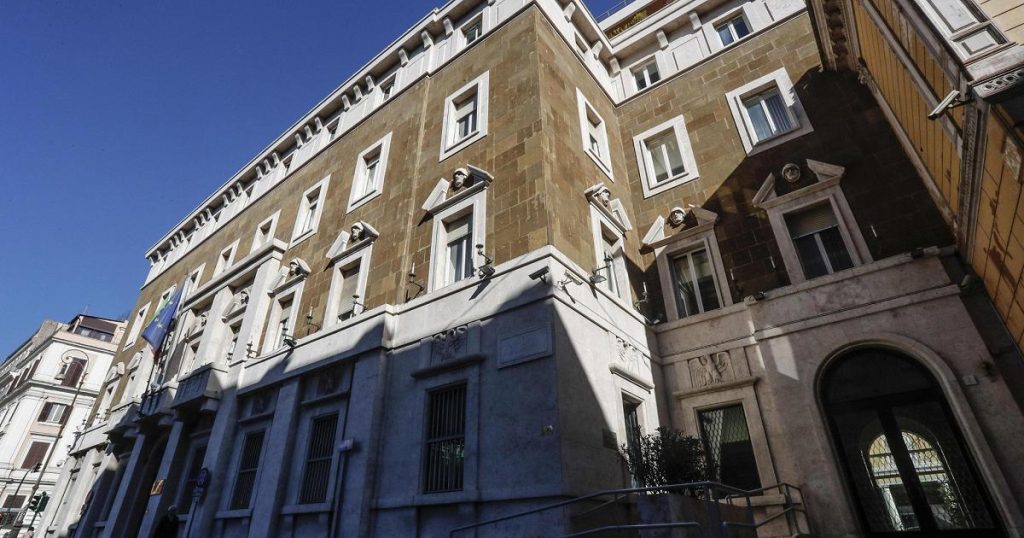The storm erupted immediately after the meeting, which took place on Monday, between Prime Minister Giorgia Meloni and the Vice President of the Superior Council of the Judiciary, Fabio Pinelli. The opposition parties described the meeting as “unprecedented” and “inappropriate”, a “serious interference”. The clash was fueled by the timing of the meeting, which had been scheduled for about three weeks, but tensions over the appointments within the self-governing body of the judiciary, presided over by the head of state, had risen during this period. The meeting was perceived as more political than institutional. Critics accused Pinelli of acting outside his presidential duties and entering a politicized dimension, especially as the Judiciary Council took a stance in support of the magistrates targeted by the center-right for their rulings on migrant expulsions. Some sources close to the President stated that Mattarella was only informed of the meeting between Meloni and Pinelli shortly before it took place, without being briefed on its content and modalities.
Opposition figures, such as Debora Serracchiani from the Democratic Party, and Andrea Orlando, a former Minister of Justice, criticized Meloni for engaging in an inappropriate meeting that continues a line of constant conflict with the judiciary, with the clear intent to compromise its independence. Filiberto Zaratti from Avs warned that the Prime Minister risks causing a serious crisis within the entire institutional system. However, the majority downplayed the controversy, with Enrico Costa from Forza Italia stating that it is not scandalous for the Vice President of the Judiciary Council to meet openly with government officials, such as the Prime Minister or the Minister of Justice. Giorgio Mulè, Vice President of the Chamber, characterized the meeting as a normal interaction between state powers, while Paolo Trancassini from FdI described it as a “normal dialogue”.
The tense climate was evident in a note sent by 14 councilors (all magistrates except those belonging to Independent Magistracy) to Pinelli, questioning the timing of the meeting during a delicate period in the relationship between politics and the judiciary. They requested to be informed of the contents of the meeting so that the council could have knowledge of such a significant institutional event. Marcello Basilico, a magistrate member of the Judiciary Council, expressed surprise at the lack of prior knowledge about the meeting and highlighted the unusual circumstances surrounding it. Felice Giuffré, a lay member of the Judiciary Council, elected on the indication of FdI, viewed the meeting as institutional, emphasizing the importance of dialogue and collaboration between institutions. He believed that the meeting aimed to show the government’s willingness to avoid conflict rather than escalate tensions.
The debate surrounding the meeting between Meloni and Pinelli reflects the ongoing tension within and outside the Judiciary Council regarding justice reform and the relationship between politics and the judiciary. Despite differing perspectives on the nature of the meeting and its implications, the high level of tension remains unresolved. It is uncertain whether the Council’s plenary session scheduled for today will be able to ease the conflict and bridge the divide. The differing interpretations of the meeting show the complexity of the relationship between political leaders and judicial authorities in Italy, highlighting the challenges of balancing institutional independence and collaboration in the pursuit of justice and the rule of law.















